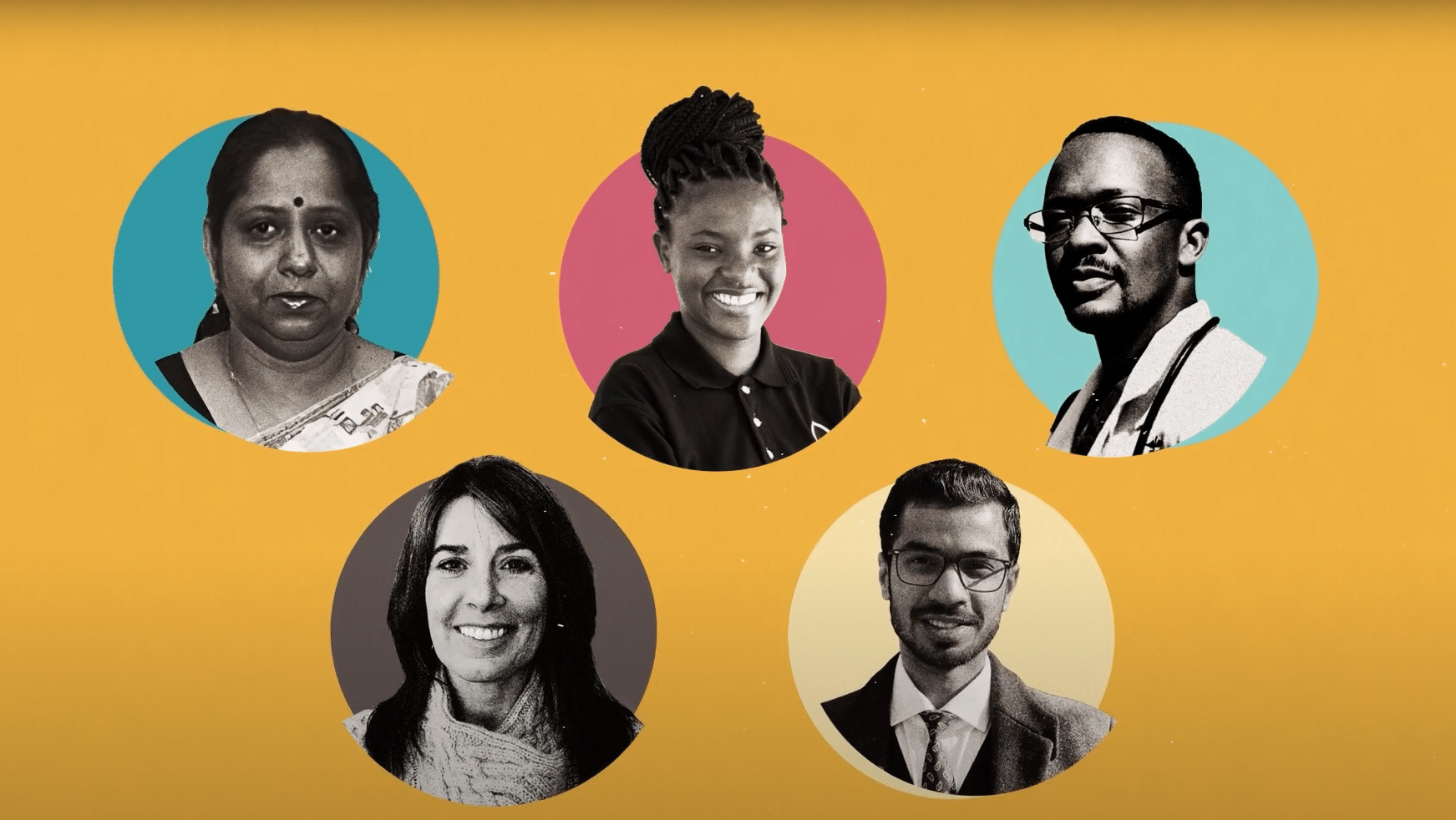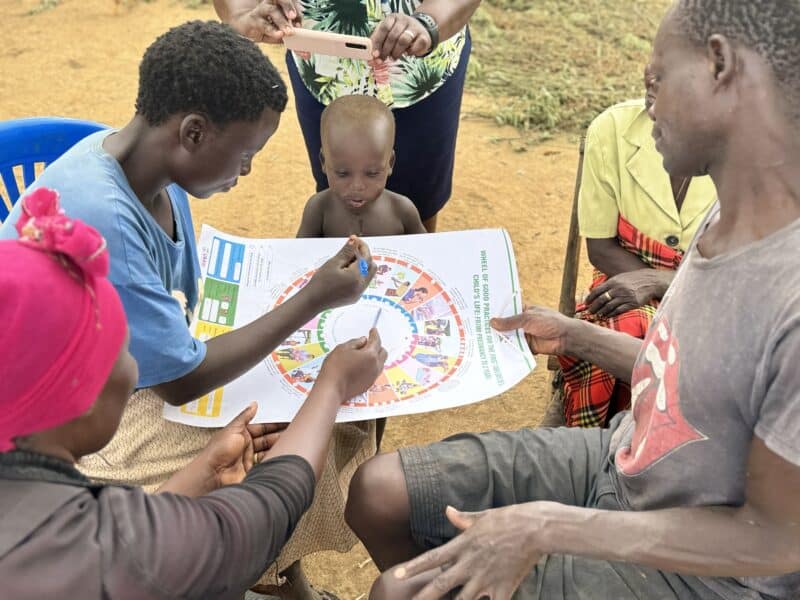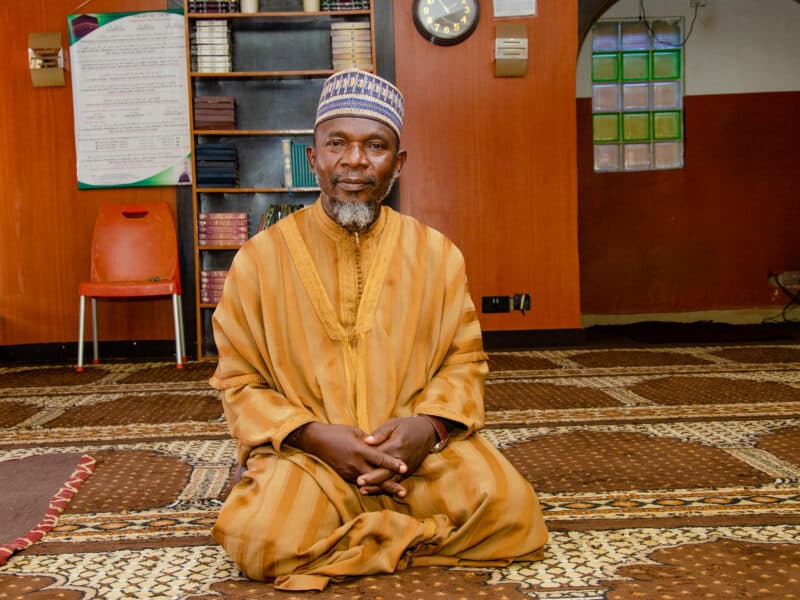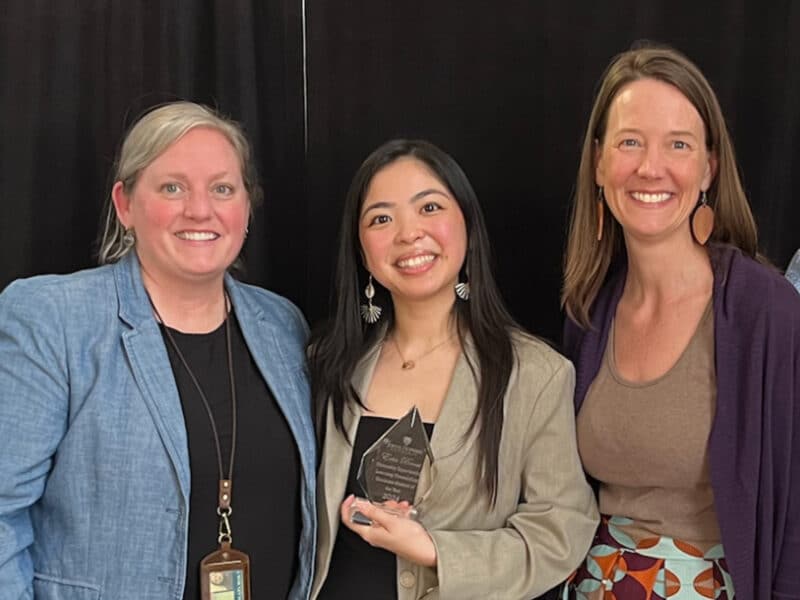In Bangladesh, one organization plans to convey information about sexual and reproductive health to young people by creating educational folk songs in local dialects.
In India, another is creating a WhatsApp chatbot to help young people of diverse gender identities and sexualities, a safe space where “fact-checked, stigma-free” information is available at all hours of the day and night.
In Kenya, the goal is to involve young people in efforts to promote accountability among public officials and service providers to guarantee the appropriate use of resources and timely delivery of reproductive health services.
All three teams – SERAC-Bangladesh, The YP Foundation and VSO Kenya – have been awarded $50,000 each in season three of “The Pitch,” an initiative from the Johns Hopkins Center for Communication Programs’-led Knowledge SUCCESS program. The Pitch, in its third season, sought game-changing knowledge management innovations in youth-focused family planning and reproductive health. From 50 submissions from Africa and Asia, a panel of international judges chose the three winners from six finalists who gave their pitches.
Since 2020, The Pitch has supported 12 exciting innovations led by local and regional institutions and given out $600,000 in sub-awards to organizations in Asia and Africa. The Pitch is funded by USAID’s Office of Population and Reproductive Health.
Pooja Kapahi, co-chair of the NextGen RH Community of Practice supported by Knowledge SUCCESS said as she opened Season Three of The Pitch, which is modeled on the long-running American television show “Shark Tank,” where entrepreneurs compete for funding.
“We are soaring to new heights,” she said. “Young people are truly the architects behind progress in the adolescent and reproductive health sector. The time to focus on innovations centering on youth is now.”
Vineeta Rana of The YP Foundation spoke about sexual and reproductive health information that, in India, is either absent or is “Eurocentric and unrelatable, cis heteronormative and exclusionary of diverse gender identities and sexualities.” Her organization’s solution is Kaleidoscope: A new chatbot with tailored content that can be a safe and confidential space for young people to learn what they need to know about sexual and reproductive health.
“Imagine the next time you want to access information that advances your [sexual and reproductive health] well-being,” she says. “You no longer have to rely on movies or misinformation. You have Kaleidoscope to guide you.”
CCP’s Tara Sullivan, who leads the Knowledge SUCCESS project, announced the winners. She raved about Kaleidoscope. “We love this idea because it is feasible, strategic and engages with the government, which will ensure sustainability,” she said. “It has a high potential impact to improve the lives of youth using WhatsApp platforms that they are familiar with.”
The SERAC program in Bangladesh will use folk songs with adolescent sexual and reproductive health messages created in consultation with both the government and young people. Often this kind of information is provided only in English and formal Hindi, says S.M. Shaikat from the non-profit SERAC, which can turn off young people from receiving the messages. By creating songs – sung by Bangladeshi celebrities – in local dialects, “it has a high potential for impact and is contextually relevant,” he says.
“It will become a resource for the community, for the practitioners and our community campaign workers who work to support adolescents in the community.”
Along with Sullivan, the judges included Sharmila Neogi, adolescent health and gender advisor at USAID India; Joy Hayley Muthali, the founder and executive director of Green Girls Platform in Malawi; Newton Donkola, medical director and youth and gender officer at Copper Rose Zambia; and Danish Tariq, advisory committee member and program officer with the NextGen RH Community of Practice in Pakistan.





